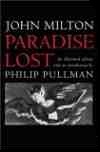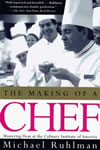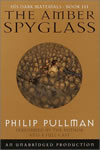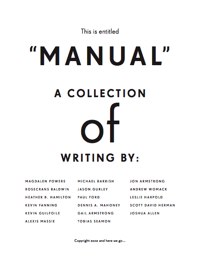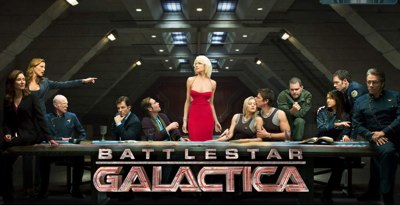Linda has been arguing for some time that we should have handled Iraq differently. I think she has the key. Michael Gordon's recent report on the garbage-strewn, sewage-choked streets of Sadr City crystalizes the issue. We've been there for years: we haven't we cleaned this up?
We’re not saying we’re going to disperse supplies today, but once it’s stabilized we will work on these projects," said Tahseen al-Sheikhly, the security plan spokesman. “Because of security, there will not be any projects for a while.”
What happened to Can Do? Instead, the Iraqis send twenty people to pick up the garbage, and then the Americans send some soldiers to check.
The trash collectors are outfitted with yellow vests. On Monday morning, a soldier asked for an “eyes on” report over the tactical radio on how many workers were picking up trash along a major thoroughfare.
The reply over the radio was not encouraging: “They started at 20, but are down to 4.”
This isn't working. Here's one way it could work: let's send a LOT of people to help clean up Sadr City. Me, you, everyone we know. Start with 5,000, and build from there.
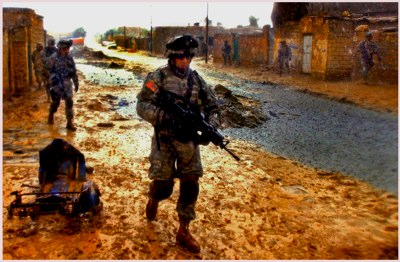
photo: Russel Lee Klikka
And what you do is simple: pick up the garbage. You'll have some soldiers along, to organize and to provide some security. Maybe someone will start shooting: we'll try to keep everyone safe. Someone might get hurt: it happens in a war. Thousand of Americans have gotten hurt already.
So, you start somewhere; you pick up the garbage. You dry up the puddles. You take pictures. You try to be polite. If there's stuff that seems to need fixing, you try to fix it. Lots of hands, lots of people.
Some of the people are famous. Ted Williams flew fighter planes, James Roosevelt won a silver star. Let's send some athletes and some singers; it'll be fun. Lots of folks — plumbers, electricians, builders, bakers, cops. All together — there's safety in numbers, it's a party. Spring cleaning.
We'll need to bring along some food trucks, because all these folk are going to want snacks and lunch. We'll do what we can. We can bring lots of cold Coke, and share it. We'll have lots of freshly-baked bread — which we can buy from Iraqi bakers. We'll have lots of fresh vegetables. We'll have lots of portable toilets and first aid stations.
So America's Fighting Garbage Persons go out and they do a really good job, cleaning the street, maybe fixing what needs to be fixed. Maybe, just maybe, someone says, "But the plumbing in my house is broken.” Well, maybe we can find a plumber in the crowd. Maybe, just maybe, someone says, “My kid is sick.” We find a doctor in the crowd. And eventually the doctor might ask if she could perhaps stay and keep an eye on the baby here, and perhaps look at some other kids on the block? And before you know it, you've got a little clinic, or the start of a Hull House.
And every night on the news, you see pictures of Chelsea and Jenna picking up the trash with a bunch of Stanford students, and Manny Ramirez helping to paint a wall, and the plumber from Oshkosh fixing the sewers while Joni and Bruce and Keren Ann get set up.
And yes, some of the residents are going to say, “I hate this noise! The crowds! The music! And couldn't they have sent Madonna?” We'll sort it out.
Sure, someone is gonna get shot, someone is gonna try to blow stuff up. We'll do our best. War is hell. We've got thousands of casualties of sunk cost; they won't get everyone. And what's the point of blowing up garbage persons?
And maybe we can make some friends. Maybe, we can fix the plumbing and get the lights working again.
And even if we don't, we'll at the very least have cleaned up some of the mess.
